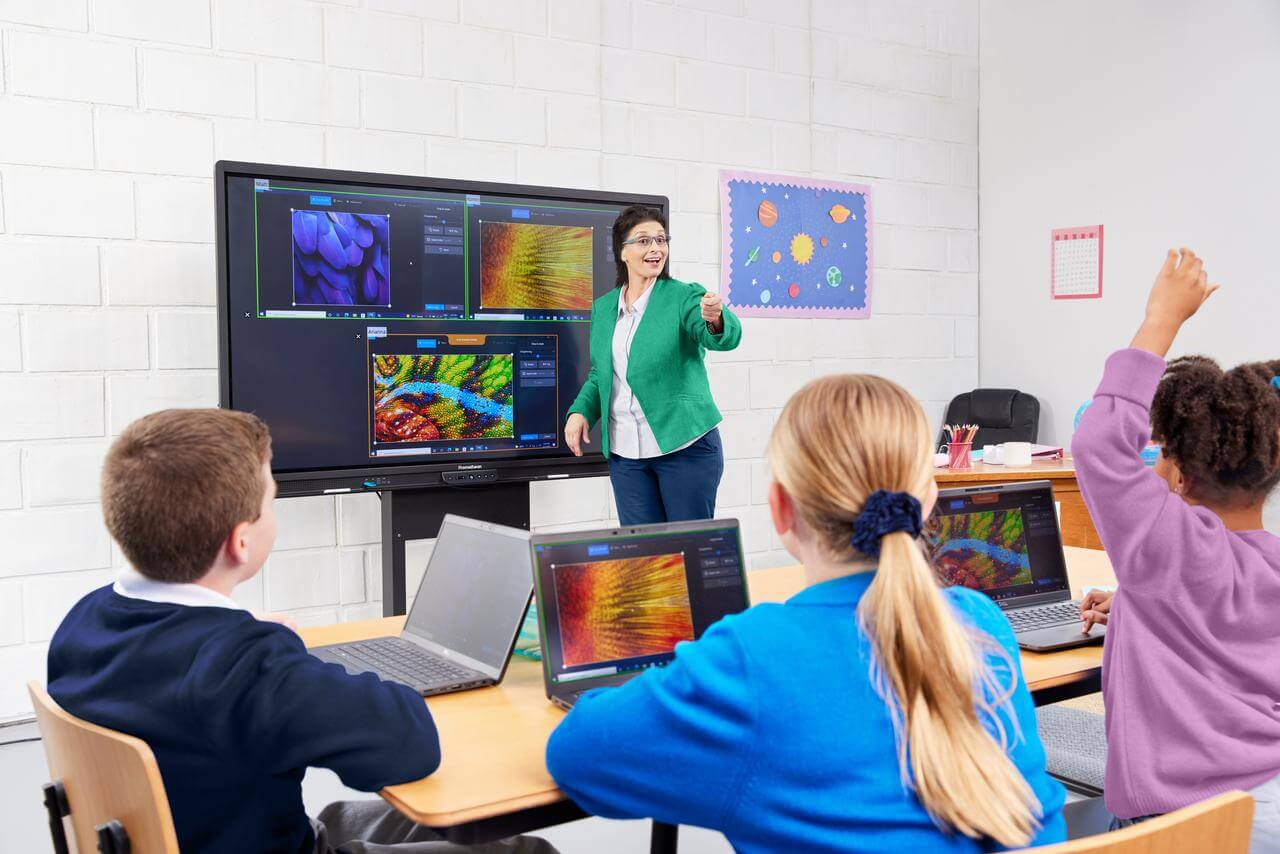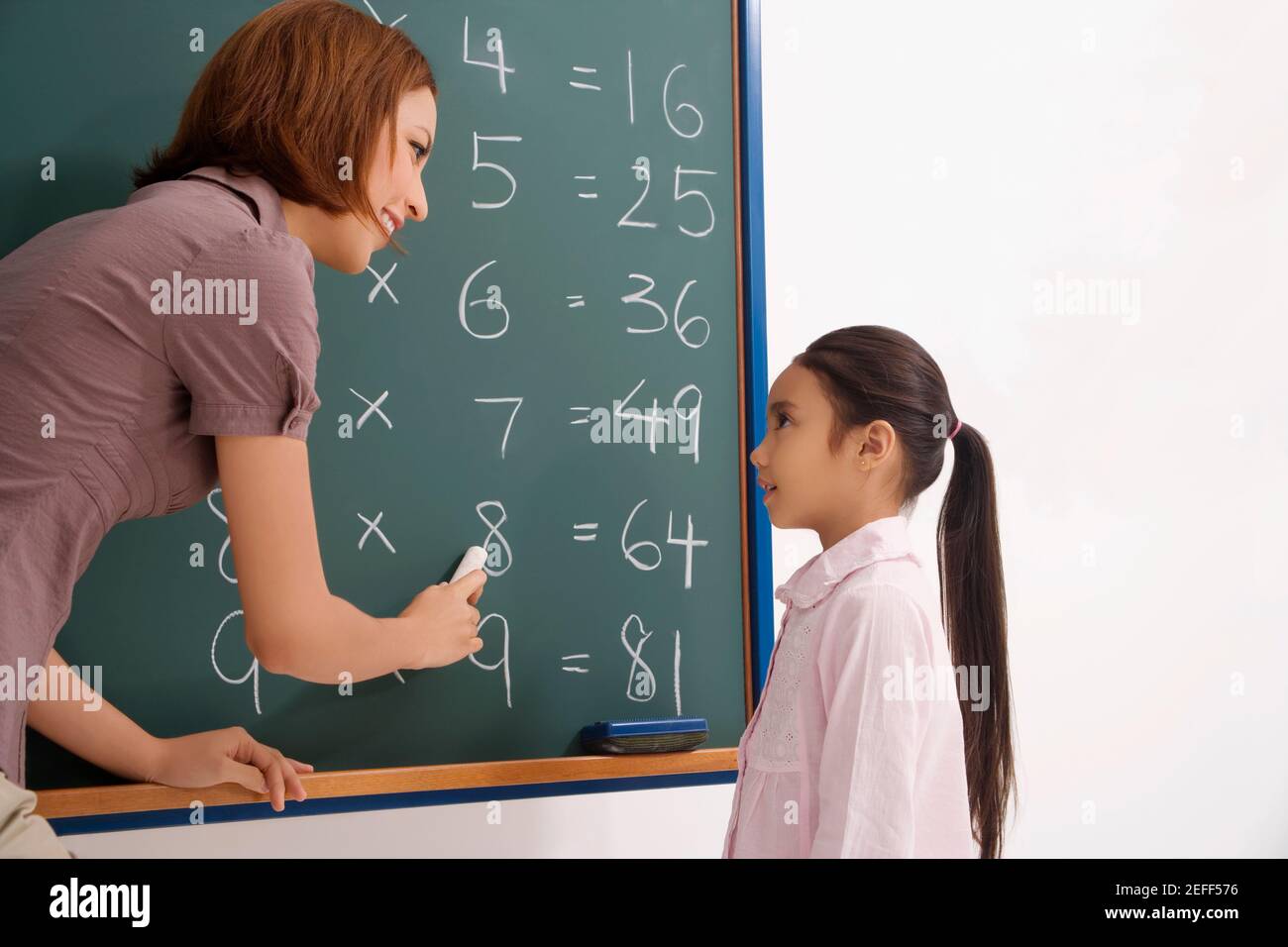Enroll in Primary Science Tuition Singapore for a Strong Science Foundation
Enroll in Primary Science Tuition Singapore for a Strong Science Foundation
Blog Article
Discovering the Various Training Techniques in Primary Science Education And Learning Today
The landscape of primary scientific research education is advancing, with numerous training strategies acquiring prominence in modern classrooms. Inquiry-based discovering, hands-on experiments, and the assimilation of modern technology are redefining exactly how educators involve young minds. In addition, joint methods and separated guideline are being used to satisfy the diverse demands of students, enhancing both involvement and understanding. As we take a look at these approaches, inquiries arise concerning their efficiency and the implications for future instructional methods. What might these shifts in strategy mean for the next generation of students?
Inquiry-Based Discovering
Inquiry-Based Knowing (IBL) is an instructional strategy that motivates pupils to explore clinical ideas via doubting, examination, and hands-on experimentation. This approach emphasizes the function of pupils as active individuals in their knowing, advertising critical reasoning and analytical skills. By engaging with real-world concerns, students become inspired and interested, which enhances their understanding of scientific principles.
In IBL, educators function as facilitators, leading students as they navigate their inquiries rather than providing info straight. This student-centered strategy permits for differentiation, accommodating numerous discovering styles and paces. Students establish skills in developing hypotheses, creating experiments, and assessing information, which are critical for clinical proficiency.
Furthermore, IBL promotes collaboration amongst pupils, motivating them to share findings and ideas. This cumulative inquiry promotes social abilities and a feeling of neighborhood within the class. Furthermore, the procedure of questions encourages durability, as pupils find out to embrace failure as a stepping stone towards understanding.
Hands-On Experiments
Hands-on experiments are a crucial component of reliable science education and learning, complementing the principles of inquiry-based learning. These experiments permit trainees to engage directly with clinical ideas, fostering a much deeper understanding through experiential learning. By manipulating products and observing outcomes, young students can grasp abstract concepts in tangible means.
Such activities advertise essential thinking and problem-solving abilities, as students assume outcomes, conduct experiments, and assess outcomes. This process motivates them to ask inquiries, refine their understanding, and create a scientific state of mind. Hands-on experiments can be customized to diverse knowing designs, ensuring that all trainees have the possibility to engage meaningfully with the content.
Moreover, hands-on experiments typically motivate collaboration among peers, advertising team effort and communication skills. Operating in teams enables pupils to share concepts, review findings, and pick up from one an additional, which enhances their overall academic experience.
Including hands-on experiments right into the key scientific research curriculum not only enhances the discovering atmosphere however additionally grows a long-lasting passion in scientific research. By proactively getting involved in their education, students are most likely to create an interest for clinical inquiry that prolongs past the class.

Modern Technology Integration
Integrating innovation right into key scientific research education and learning has come to be progressively necessary in cultivating student interaction and improving discovering outcomes. Using electronic tools, such as interactive simulations, virtual labs, and instructional software, offers students with possibilities to discover scientific ideas in ingenious means. These resources help with a deeper understanding of intricate subjects by enabling students to picture and control variables that would certainly be not practical in a traditional classroom setup.
Additionally, innovation integration urges individualized discovering experiences. Pupils can advance at their own speed, revisiting difficult concepts via multimedia sources, which accommodate different understanding styles. This versatility not just supports individual growth but also cultivates a sense of autonomy in learners.
Additionally, technology serves as a bridge to real-world science, connecting pupils with present research and professional payments. Accessibility to on the internet data sources and scientific journals widens students' viewpoints on scientific questions and promotes critical believing skills.
Collaborative Learning
Collective discovering plays a vital role in key scientific research education by promoting synergy and interaction abilities amongst pupils. This method motivates students to collaborate, share understanding, and involve in analytic, which enhances their understanding of scientific ideas. By taking part in team activities, students discover to express their ideas, listen to varied viewpoints, and work out options, every one of which are vital abilities in both scholastic and real-world contexts.

Research indicates that collective understanding can result in enhanced inspiration and involvement in science subjects, as pupils find pleasure in common experiences (primary science tuition Singapore). Furthermore, this strategy prepares students for future collective undertakings, outfitting them with the skills needed for reliable teamwork in college and expert atmospheres. Inevitably, embracing joint understanding in primary science education can considerably improve the visit their website knowing experience and advertise a much deeper understanding of clinical questions
Set Apart Instruction

Set apart guideline can materialize in numerous means, such as differing the content, processes, or products of learning. Instructors may utilize tiered jobs that supply varying degrees of intricacy, allowing students to function at their particular readiness levels. Furthermore, versatile grouping strategies can facilitate collaboration among pupils with different abilities, cultivating peer understanding.
Evaluation plays an essential function in this method, as it educates direction and assists educators recognize each student's one-of-a-kind requirements. Formative assessments, such as monitorings and quizzes, can lead educators in readjusting their techniques to boost discovering end results. primary science tuition Singapore. Ultimately, by carrying out differentiated direction in primary scientific research education, educators can grow an extra fair and reliable understanding setting, equipping all students to reach their full capacity in comprehending clinical phenomena
Final Thought
In recap, the diverse teaching techniques in key science education, consisting of inquiry-based knowing, hands-on experiments, modern technology integration, collaborative knowing, and set apart direction, jointly add to an extra reliable learning environment. These techniques advertise crucial thinking, analytical abilities, and a deeper comprehension of scientific concepts. By implementing these techniques, educators can produce appealing and helpful class that resolve the diverse demands of pupils, inevitably cultivating a long-lasting passion in scientific research and improving academic achievement.
Inquiry-Based Discovering (IBL) is an instructional technique that motivates trainees to explore clinical principles via wondering about, examination, and hands-on testing.Collaborative learning plays a vital duty in key scientific research education why not find out more by fostering teamwork and interaction abilities among pupils.Research study suggests that collective knowing can lead to increased inspiration and involvement in science subjects, as pupils discover pleasure in shared experiences.In cultivating an inclusive understanding atmosphere, differentiated guideline emerges as an essential approach to suit the varied demands and abilities of trainees in primary science education and learning. Ultimately, by applying you could check here differentiated instruction in primary scientific research education and learning, instructors can cultivate a much more equitable and effective discovering environment, empowering all students to reach their full capacity in recognizing clinical phenomena.
Report this page